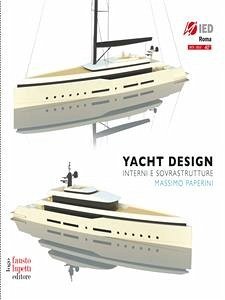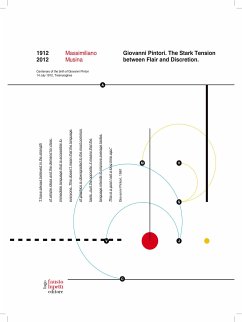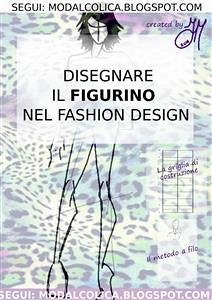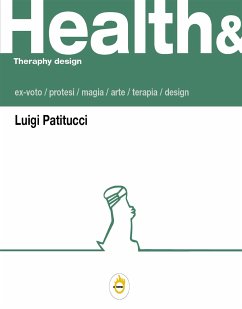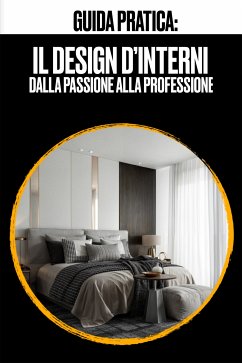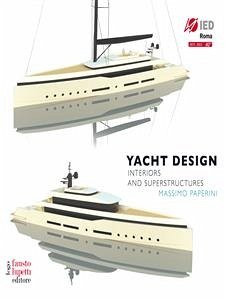
Yacht design (fixed-layout eBook, ePUB)
Sofort per Download lieferbar
9,99 €
inkl. MwSt.

PAYBACK Punkte
0 °P sammeln!
“Yacht Design, Interior and Superstructures” confirms the interest of young architects, engineers and designers in boat design, a subject always in need of new ideas, new design solutions and a new approach. This new approach is meant to be applied to expertise in new technologies, new materials and knowledge of new markets, which are getting to know this field with experience and a cultural background completely different from what we have been used to so far, rather than to planning. The IED Interior Yacht Design and Superstructures specialization course approach to these new subjects ha...
“Yacht Design, Interior and Superstructures” confirms the interest of young architects, engineers and designers in boat design, a subject always in need of new ideas, new design solutions and a new approach. This new approach is meant to be applied to expertise in new technologies, new materials and knowledge of new markets, which are getting to know this field with experience and a cultural background completely different from what we have been used to so far, rather than to planning. The IED Interior Yacht Design and Superstructures specialization course approach to these new subjects has evolved and adapted to market needs with the aim of perfecting the profile of professional yacht designers and adapt it to the contemporary market requirements. A market that has never evolved as quickly as in the recent years before, following the new social and cultural trends dictated both by users and manufacturers and thus generating new patterns, new ways of interpreting boating and staying on board. This evolution is partly due to the economic crisis and partly to a new cultural approach to living between air and water and is giving birth to new interesting boat types. These show that mainly shipowners but also, consequently, enlightened designers and shipbuilders are increasingly aware of the fact that the boat, as an object, can no longer be considered only as a symbol of economic power and the ability of its designer to impress boat lovers, but also as a tool to enjoy the sea and leisure time in a more relaxed, less public and more private, less polluting and more environmentally friendly way. To me – first as a professional and then as a teacher – these signs of change are a strong stimulus to search for new forms and new content, indicating that it is necessary to invest in oneself and one’s professional expertise to cater for new needs. If this is true for professionals at an advanced stage of their carriers, it is even more crucial for young designers who will need to “attack” a much more selective market from a technical and design point of view and more difficult from an economic perspective. Young designers will essentially need totake a new look at a peculiar kind of architecture, i.e. naval architecture in the years to come. One of its distinguishing traits will certainly be sustainability. We are still at the beginning of it, but a renewal process has now begun. Until a few years ago it seemed impossible that a luxury sector like boating could involve sustainability and energy saving. Now they have become a reality which shipowners, designers and shipbuilders are facing, just like in the case of many other fields of architecture and design.



